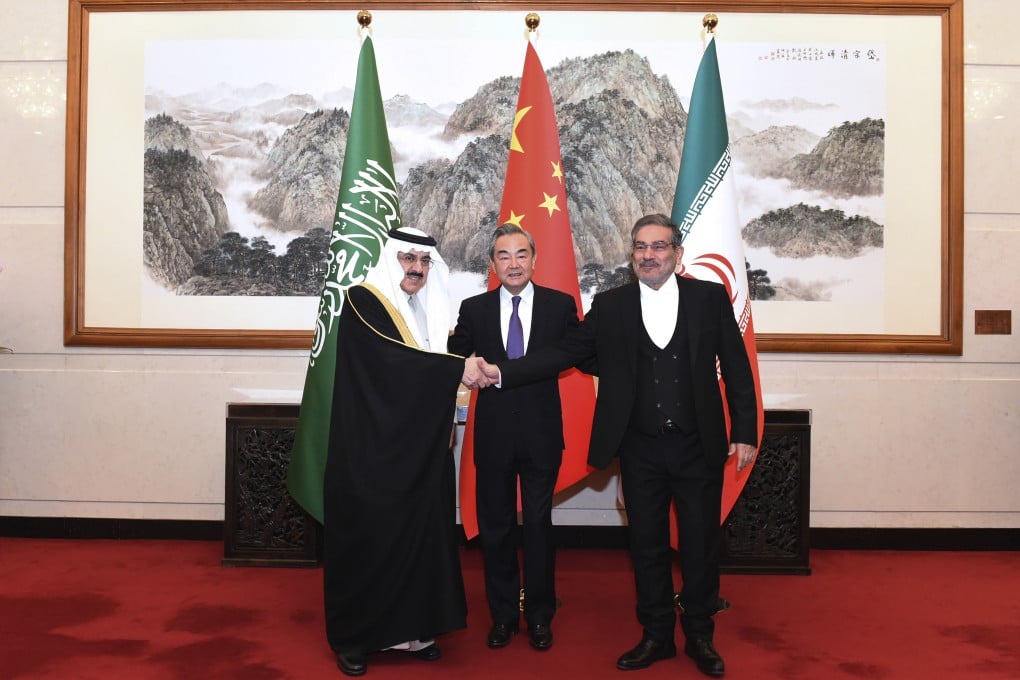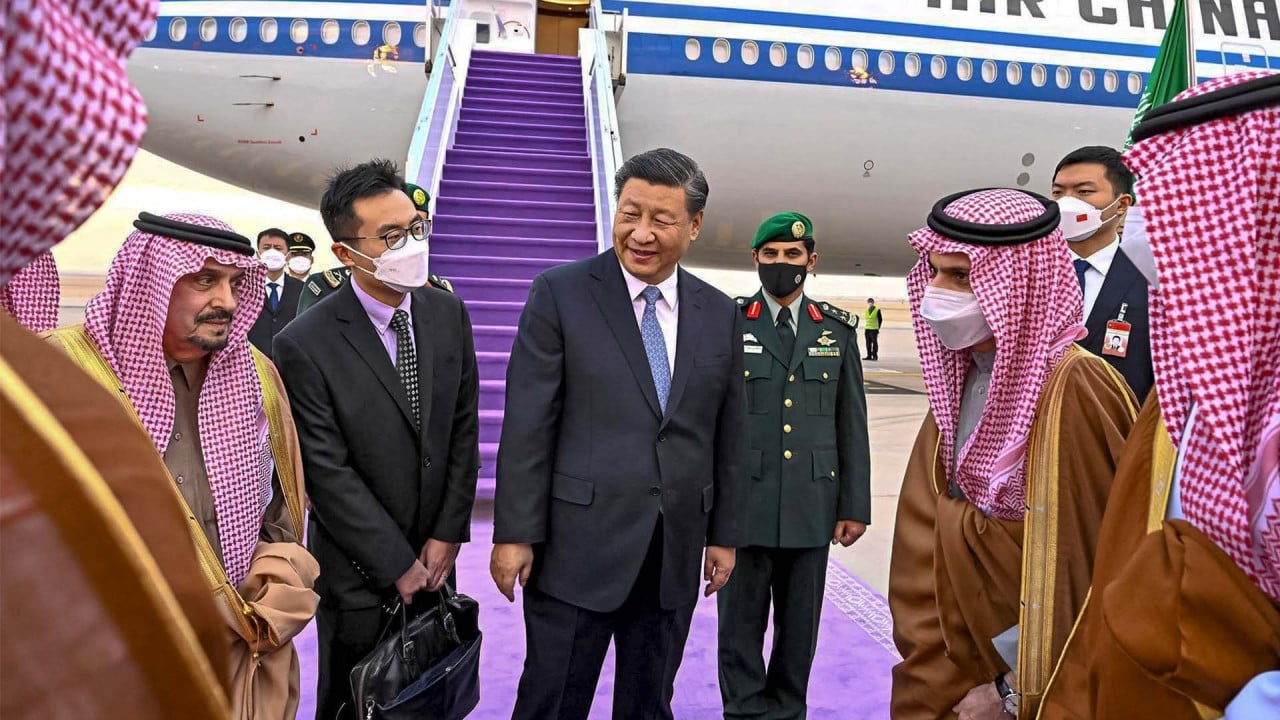Saudi Arabia, Iran and how a Chinese-brokered deal shows Beijing’s Mideast influence
- The secret talks in the Chinese capital come as Beijing expands its engagement with the region
- Expectations could grow for China to push to resolve other difficult issues in the region, analyst says

The announcement by the two nations showed Beijing was expanding its economic engagement with the Middle East to focus more on security, at a time when US ties with the region were facing uncertainty, they said.
Even though Beijing had stepped up its presence in the region over the past decade, the diplomatic community was surprised when news emerged about the four days of talks between representatives of the two countries and Beijing during China’s annual legislative session.
“Beijing’s brokering of the re-establishment of diplomatic relations between the countries is a welcome, if somewhat surprising development,” said John Calabrese, director of the Middle East-Asia project at the US-based Middle East Institute think tank.
“The rift between Riyadh and Tehran has arguably been the most difficult for Beijing to navigate – and the most important, given China’s expanding economic footprint and growing ambitions in the Gulf.”
